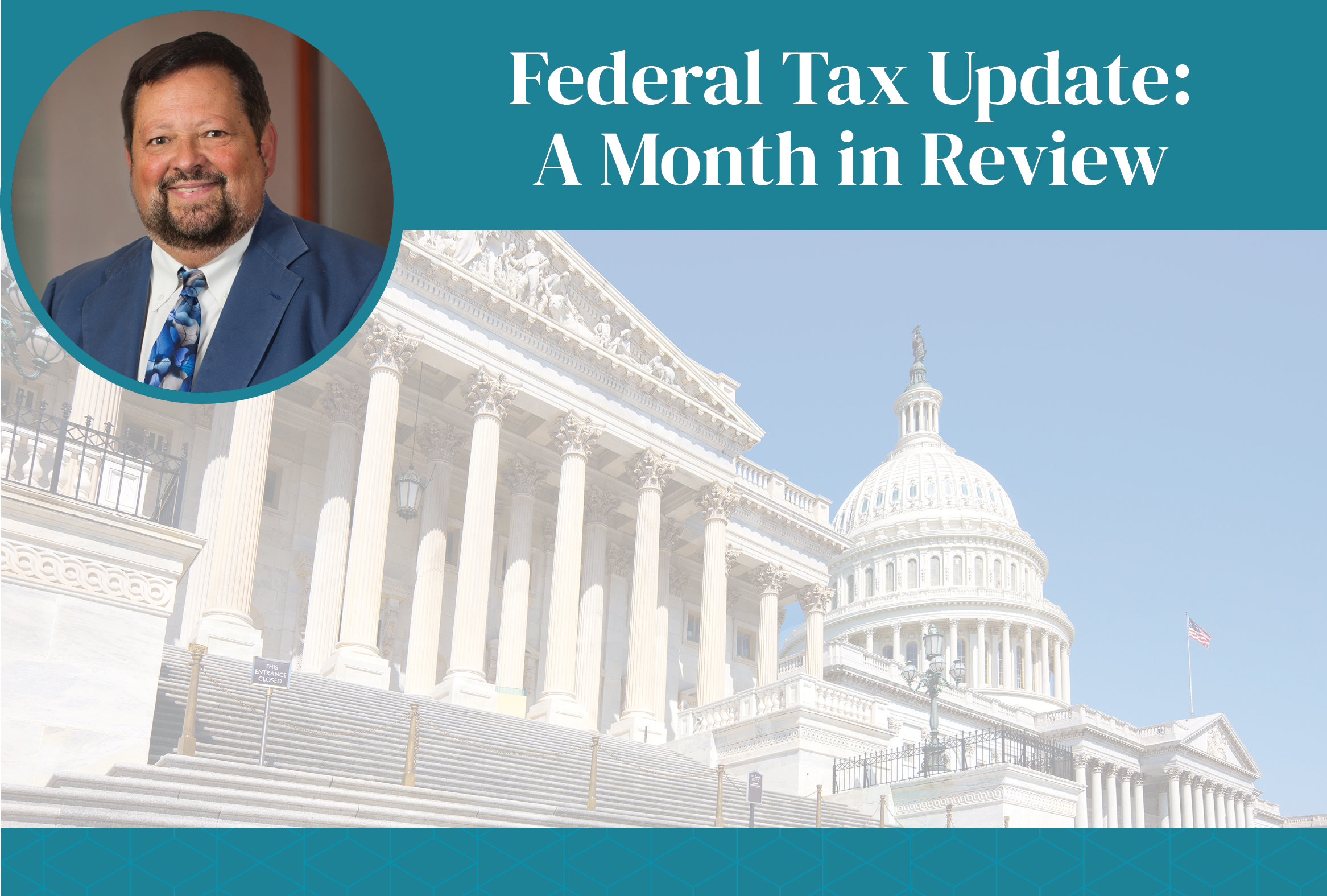March 3rd, 2020
Big Changes for Inherited Retirement Interests
Posted in: Estates, Trusts & Probate Tax Law Tagged: David S. De Jong, Steven A. Widdes
Author: David S. De Jong, Steven A. Widdes

Distributions from inherited qualified retirement plans and IRAs cannot be materially stretched out by most beneficiaries as a result of the SECURE Act, signed into law by President Trump on December 20, 2019.
Billions of dollars in retirement savings have been passed historically from generation to generation by deferring distributions and permitting the proceeds to be paid out over the life expectancy of the child or grandchild. This was often referred to as the Legacy or Stretch Rule.
Effective for deaths after 2019, most beneficiaries will be required to receive distributions and pay applicable taxes on such inheritances within 10 years following the date of death. This new rule exempts surviving spouses, disabled or chronically ill beneficiaries and heirs with no more than a 10 year age difference from the decedent.
Additionally, the 10 year period will not commence in the case of a minor child until the child reaches the age of majority.
Beneficial provisions in the legislation change the required beginning date (RBD) for most distributions from age 70½ to 72 for those who had not reached the RBD by the end of 2019 and for the first time in 2020 permit traditional IRA contributions at any age for those otherwise eligible, even if older than 72. Roth IRAs continue to have no minimum distribution rules during the life of the account holder and, if rolled over, during the life of the spouse as well.
If you wish to schedule an appointment to discuss how the SECURE Act may affect you and your family, contact us at 301-340-2020 or visit us at www.steinsperling.com. Stein Sperling’s tax and estate groups are again nationally ranked in 2020 by U.S. News & World Report.




